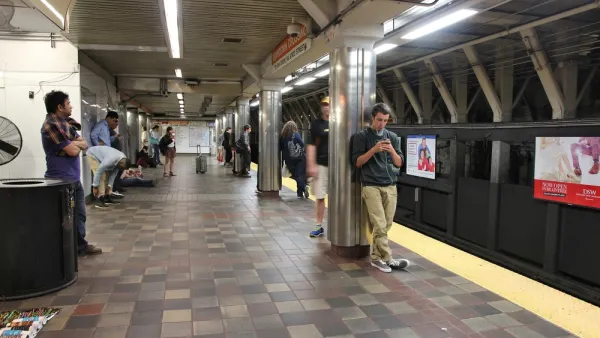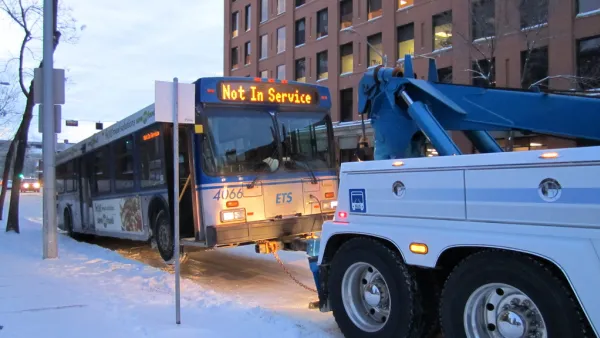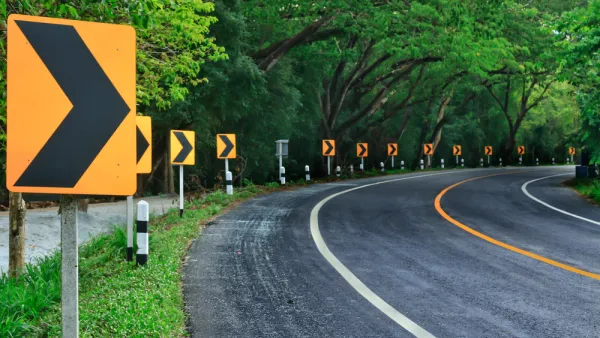Irvin Dawid discovered Planetizen when a classmate in an urban planning lab at San Jose State University shared it with him in 2003. When he left San Jose State that year, he took with him an interest in Planetizen, if not the master's degree in urban & regional planning.
As a long-time environmental activist, he formed the Sustainable Land Use committee for his local Sierra Club chapter and served six years on the Bay Area Air Quality Management District’s Advisory Council from 2002-2008. He maintains his interest in air quality by representing Sierra Club California on the Clean Air Dialogue, a working group of the Calif. Environmental Dialog representing business, regulatory and public health/environmental interests.
Major interests include transportation funding, e.g., gas taxes, vehicle miles traveled (VMT) fees, road tolls and energy subsidies that lead to unlevel playing fields for more sustainable choices.
He hails from Queens (Bayside) and Long Island (Great Neck); received an AAS in Fisheries & Wildlife Technology from SUNY Cobleskill and a B.S. from what is now Excelsior College.
After residing for three years on California’s North Coast, he’s lived on the San Francisco Peninsula since 1983, including 24 years in Palo Alto. Home is now near downtown Burlingame, a short bike-ride to the Caltrain station.
He’s been car-free since driving his 1972 Dodge Tradesman maxi-van, his means to exit Long Island in 1979, to the junkyard in 1988.
Major forms of transportation: A 1991 'citybike' and monthly Caltrain pass, zone 2-2. "It's no LIRR, but it may be the most bike friendly train in America."
Irvin can be reached at [email protected]
Huge Drop in California Cap-and-Trade Revenues—Could Market Be Collapsing?
'Huge' is an understatement. Revenues were less than 2 percent of what was forecasted. The uncertainty of the continuance of the program may be responsible. The plummet in revenues to high-speed rail adds to uncertainty of the $64 billion project.

The Sad Saga of Three East Coast Subways
With so much attention placed on the woes facing D.C. Metro, it's important to recognize that it is hardly the only subway facing critical infrastructure investment needs.

Let Smokers Pay for Roads
Missouri has come up with a unique way to pay for roads, and it's even a user fee, though it bears no direct relation to road users other than for those driving to the store to buy their cigarettes. So much for using the tax to address public health.

Recommendations for Reforming the American Public Transportation Association
In light of the resignation of APTA's president following the withdrawal of the New York Metropolitan Transportation Authority, the Transit Center offers its recommendations for reforming the national transit advocacy organization.

Why the National Highway Traffic Safety Administration Doesn't Use 'Accidents'
Call them crashes, collisions, even incidents, just don't call them 'accidents,' emphatically states Mark R. Rosekind, Ph.D., Administrator for the National Highway Traffic Safety Administration (NHTSA), the nation's premier traffic safety agency.

























